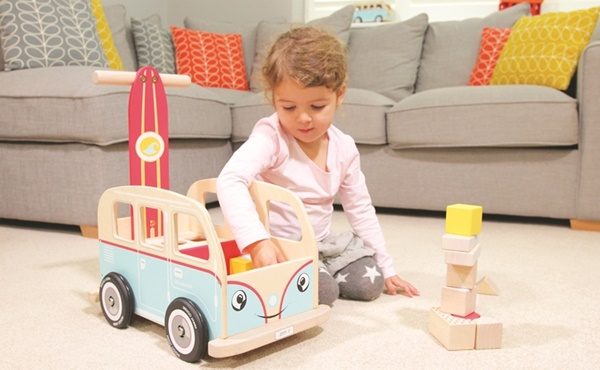The Australian Competition and Consumer Commission (ACCC) is increasingly focused on the safety of toys sold in Australia. Under its watchful eye, children’s toys are subject to five mandatory safety standards. These reduce the risk of serious injury while enhancing consumer confidence in the products they purchase.
In the last 18 years, there have been four toy-related deaths in Australia. Three cases were the result of choking on small parts, while a fourth involved ingesting small, high-powered magnets. While tragic deaths are incredibly rare, children can still find themselves in harm’s way. In Queensland alone, between 1999 and 2012, more than 2,100 toy-related injuries were reported by emergency departments.
With so much at stake we asked Andrew McGregor, Artiwood Australia’s managing director, how his business is keeping our nation’s children safe. Artiwood distributes a growing range of premium toy brands including Apple Park, I’m Toy, Kinderfeets and Caaocho. Many of its toys are made by hand in Asia. Each one is tested and certified to meet current toy safety standards.
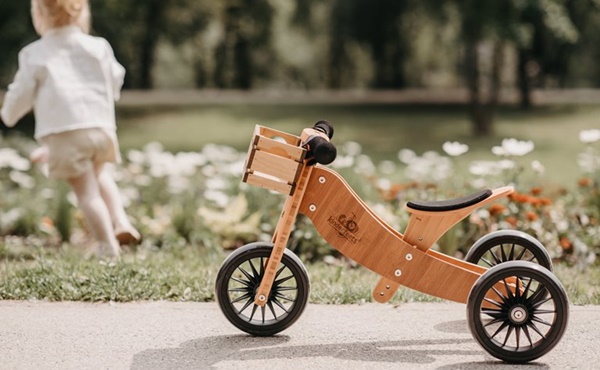
“Artiwood’s first defence against unsafe, poor quality products is its business strategy,” he says. “We practice an ecofriendly, non-toxic and ethically sustainable philosophy. This means we never import toys built entirely of plastic and avoid baby products using non-organic or artificial fabrics and fillers.
“You’ll never see assembly lines packed with rows of plastic extrusion moulds in our factories. Instead you find skilled people crafting, finishing and painting every toy we sell. In our experience, the pride and care they demonstrate reduces the risk of an unsafe product.”
Like all of us, Artiwood wants toys coming out of the box safe to use and in perfect condition. In pursuit of this goal it works closely with its suppliers. It’s constantly reviewing each factory’s quality control (QC) protocols, testing production samples, inspecting facilities and monitoring staff working practices.
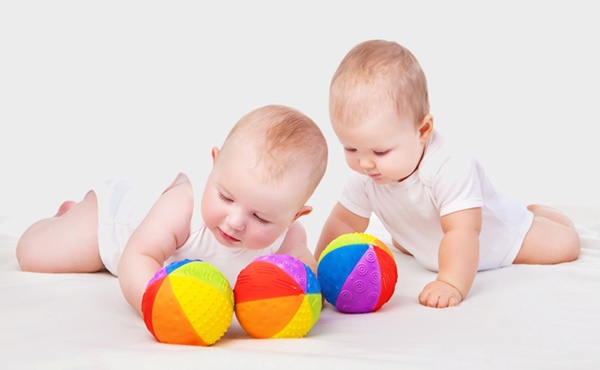
“Some of the standard factory protocols we’ll evaluate include inspecting individual parts for cosmetic flaws and selecting random samples for testing in-situ,” says McGregor. “Furthermore, we’ll never work with any manufacturer unwilling, or unable, to provide test certificates issued by a reputable, internationally recognised laboratory.”
He says that choosing the right supplier is critical for ensuring the quality and safety of a toy. Artiwood only imports and distributes toys from reputable, globally-established brands. McGregor says these brands, as a matter of course, maintain safety standard compliance rarely matched by an unknown, and often unproven, factory offering its own low-cost home brand.
“Take Bigjigs Toys as an example. It’s selling toys in more than 93 countries,” he says. “As a result, it’s deeply committed to intensive onsite quality control, independent standards testing and regular compliance monitoring. Bigjigs also understands Australia’s mandatory safety standards and has protocols in place to actively monitor and maintain these.
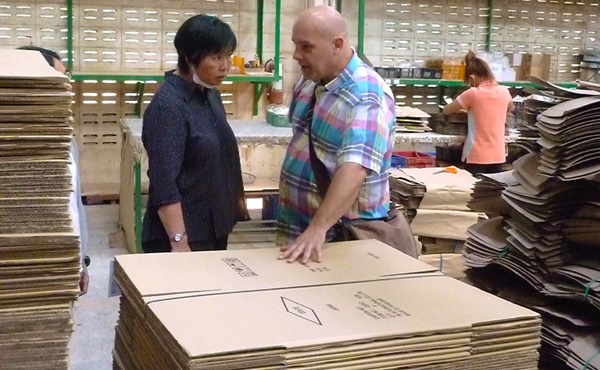
“Likewise, Indigo Jamm tests its own toys in house, in addition to tests conducted by an external laboratory. This approach reflects its focus on creating toys for children under three years. The safety standard is extremely demanding for this age group. This means Indigo Jamm never leaves anything to chance. In fact, given this challenge, some brands simply avoid creating toys for younger children.”
However, Artiwood doesn’t just take suppliers at their word. It evaluates every new product it imports for compliance with applicable standards. This includes an audit of certified laboratory test reports and an evaluation of samples shipped to Australia. It’ll even undertake its own in-house destruction testing if required.
Artiwood also conducts its own factory visits. This includes spending time on the ground in Thailand and China, often driving for hours to reach a remote factory. In recent years it has evaluated factories used by numerous suppliers including Kinderfeets, I’m Toy, New Classic Toys and Indigo Jamm.
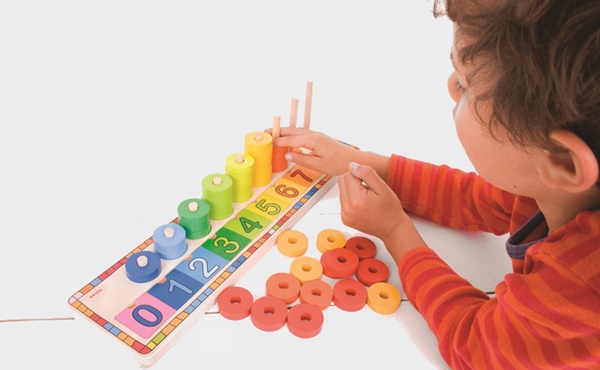
“We stand by the products we sell because we’re actively involved in their creation,” says McGregor. “We’ve chosen our suppliers carefully. Every product we sell complies with international safety standards, including individual piece size requirements. They’re also finished with non-toxic, certified-safe, paints and lacquers. These really are toys built to endure, not to discard.”



